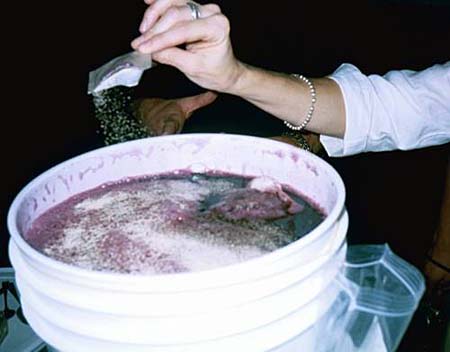To further demonstrate the role of chemistry in food preservation, lets take a look at food preservation methods such as pickling, fermentation and the use of spices.
Pickling: Pickling is a method of preserving food in an edible anti-microbial liquid. Vinegar is used to pickle other foods. Food is placed in an edible liquid that inhibits or kills bacteria and other micro-organisms. pickling agents include brine, vinegar, alcohol and vegetable oils. Many chemical pickling processes also involve heating or boiling so that the food being preserved becomes saturated with the pickling agent.

Use of spices: Allicin present in garlic acts as an antimicrobial agent as does the allyl isothiocyanate present in mustard. Thymol, present in thyme, oregano and sage also has antimicrobial properties. Spices contain essential oils with antimicrobial properties. Many of these oils are derived from the organic compound Phenol. This molecule is used as an antiseptic and disinfectant. Another molecule Eugenol, also an essential oil found in cloves, sage, and cinnamon also have antimicrobial properties.


Fermentation: Yest is added to grape juice, and they digest the sugars in the grape forming the byprouct alcohol. Alcohol kills microbes that causes food spoilage. When alcohol is exposed to air, the bacteria Acetobacter begins to grow and this will convert alcohol to acetic acid (vinegar). Vinegar also can be used for food preservation.

From the above, it can be deduced that without extensive study of and the use of chemistry, food preservation methods will be limited. Therefore chemistry plays a major role in preservation chemistry.



No comments:
Post a Comment